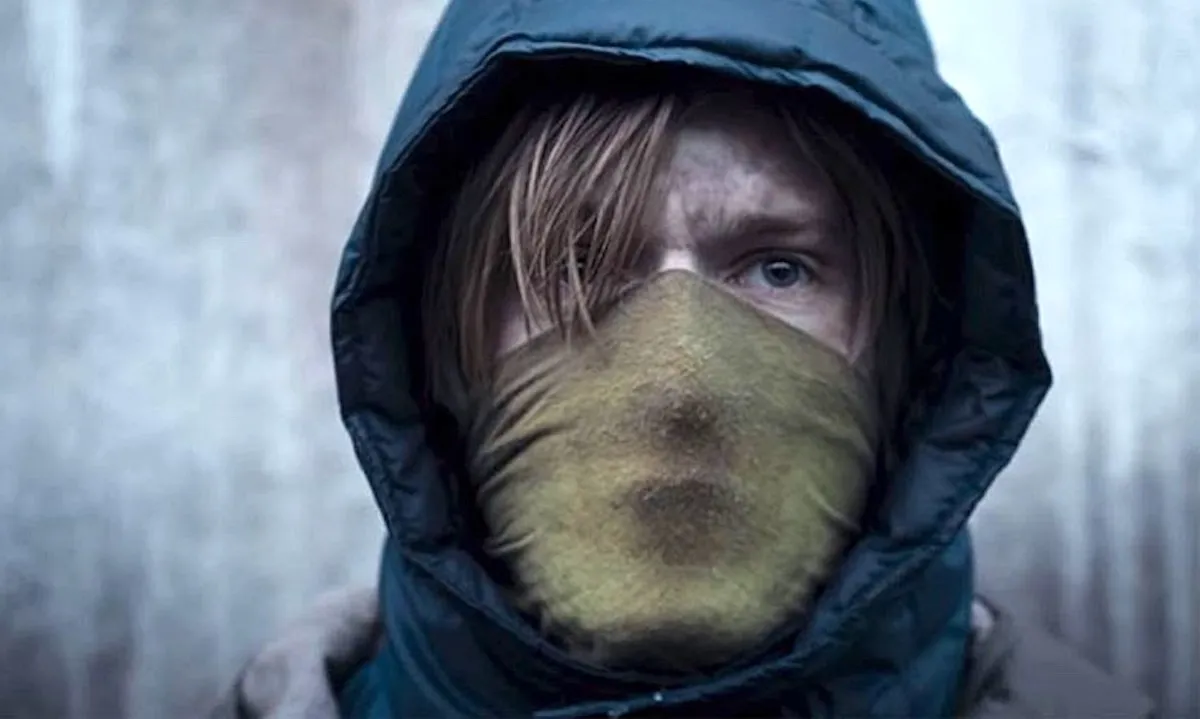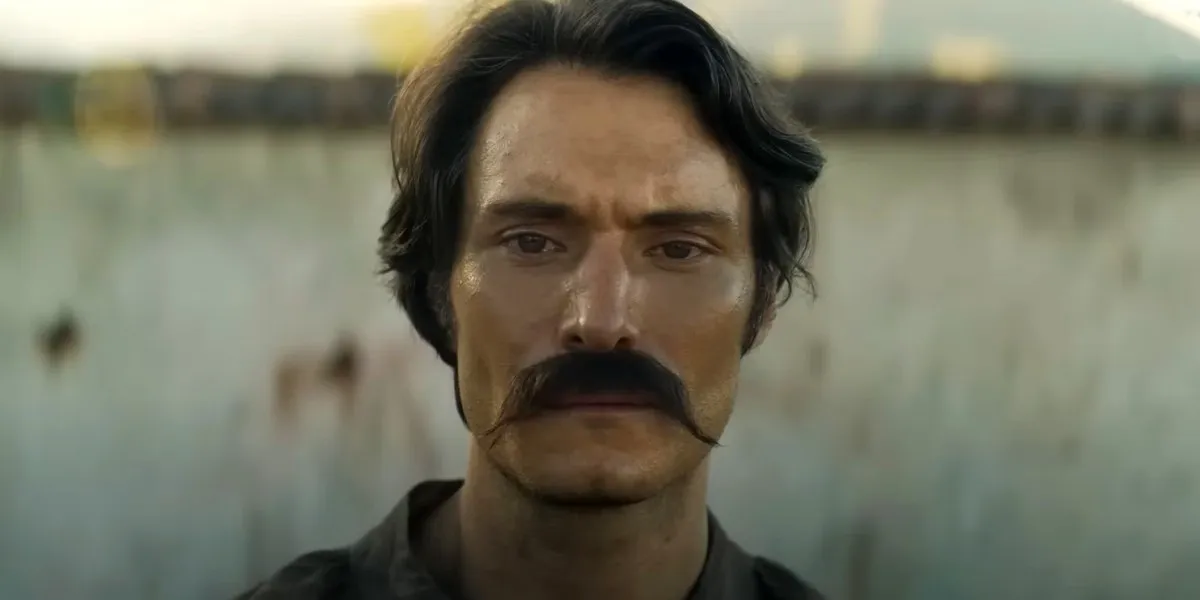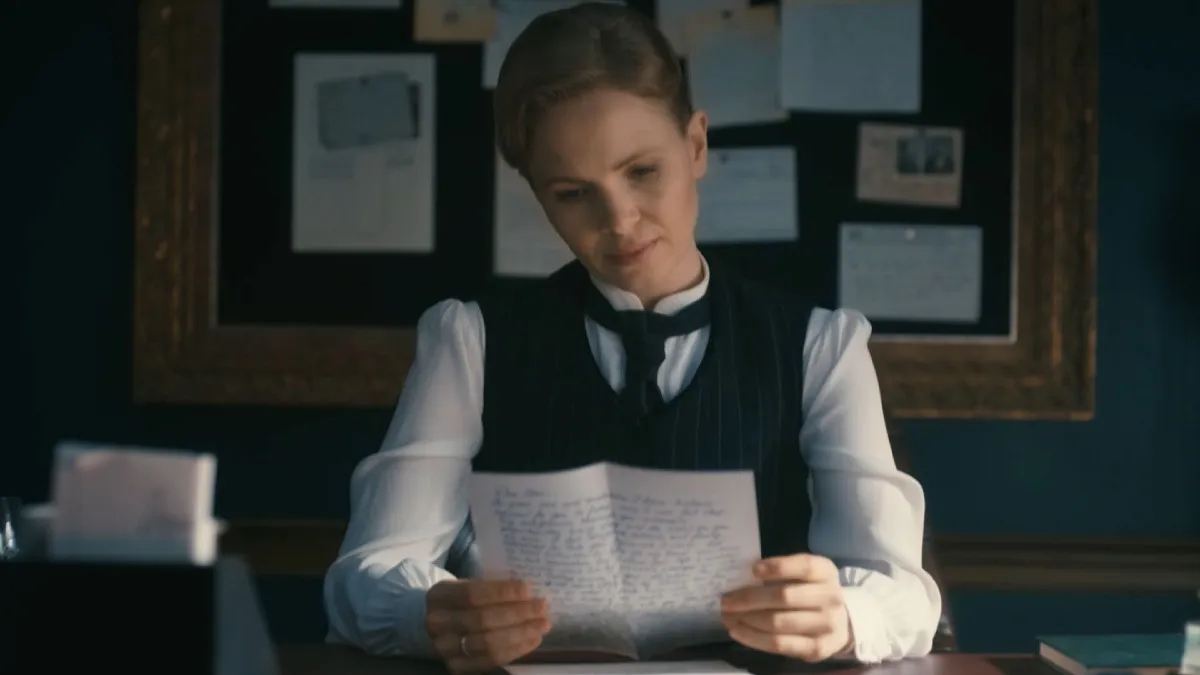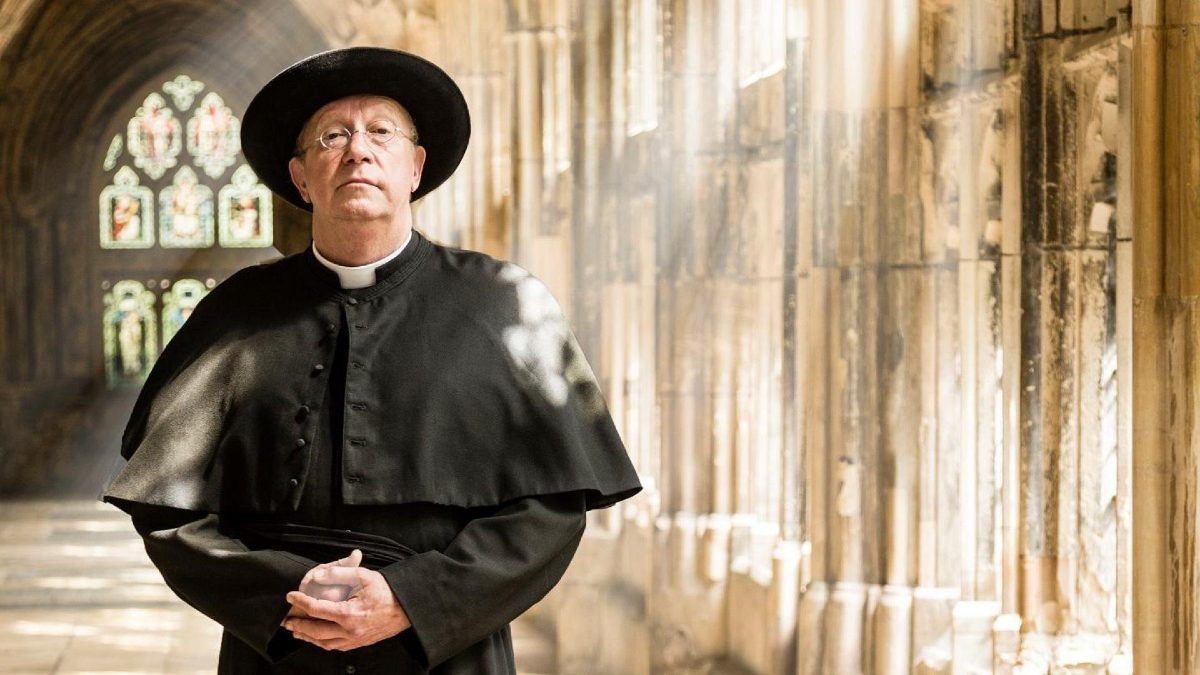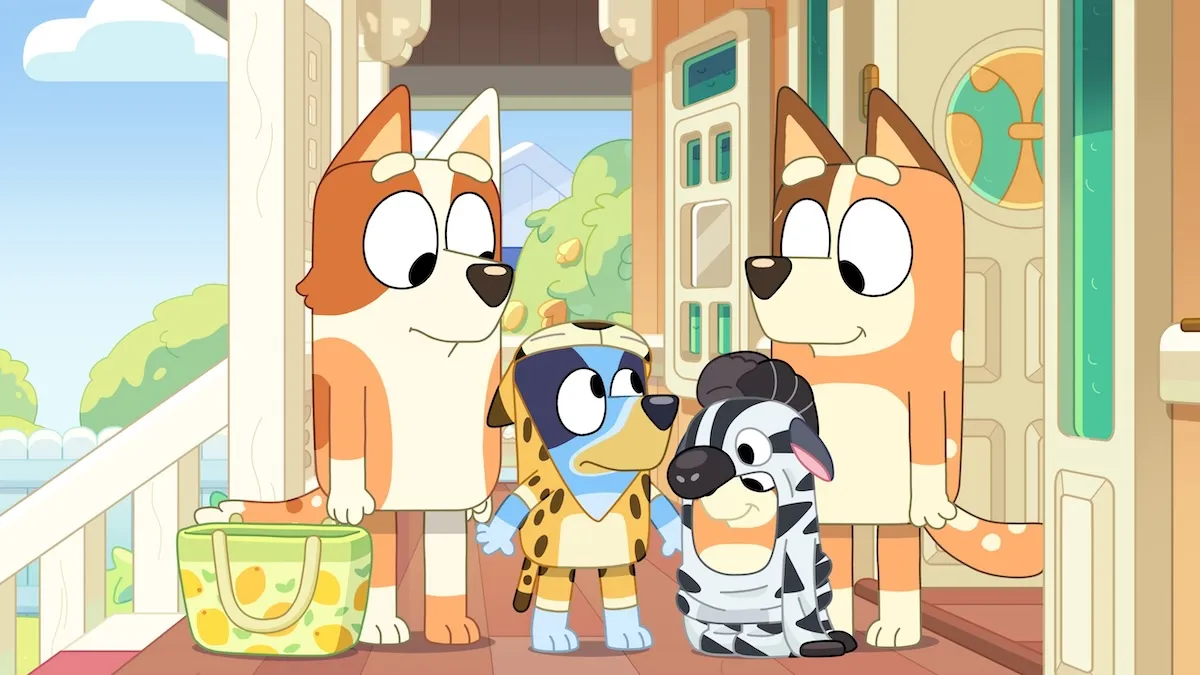On the recommendation of several Mary Sue commenters, I watched the first two seasons of Netflix’s first German-language original series, Dark. The show is a, well, extremely dark mystery-thriller in a category I’m going to call “urban science fiction.” Its characters exist (for the most part) in present-day trappings—but then we have strange goings-on involving wormholes, time travel, time machines, and increasingly complex conspiracies that make Lost look like a kindergarten class play by comparison. I was on board for this bizarre ride, but by the show’s third season, I felt like we’d gone one twist too far. I’m rarely a quitter when it comes to media consumption—yet I just couldn’t finish Dark. This was disappointing for a show that hooked me and felt like must-binge TV for two seasons.
I don’t remember which article it was when our commenters first started recommending Dark. Was it after Tales From the Loop bowled me over? My intense love affair with Station Eleven? My inexplicable flirtation with the objectively bad Manifest? Whichever it was, several of you were out here saying that when it came to weird science fiction things happening to regular people on TV, Dark was the way to go. And it’s not hard to see how this show grabbed the attention of so many worldwide. Dark, which first bowed in 2017, is the kind of narrative that keeps you on perpetually uneven ground, peeling back more and more layers and revealing absolutely batshit connections. Oh, also, everyone is an unreliable narrator, probably! Just when you think you might know what’s going on, it turns out you are wrong. Do not pass go, do not collect $200, go straight to plot jail, there’s no way you can possibly guess what will happen next.
***Some spoilers for Dark ahead***
The series kicks off with a missing child—that’s standard enough thriller fare—only it turns out the kid is missing because he’s traveled back in time, and he’s actually the father of one of the show’s protagonists. Wild stuff, and we haven’t even started scraping the surface yet. Dark takes place in the German town of Winden, a seemingly quaint place except it’s surrounded by an enormous terrifying (dark) forest people keep venturing into for some reason. The town is also dominated—and perhaps poisoned—by the country’s first nuclear power plant, which factors heavily into the plot arcs. But most pressing is a system of extensive caves in said creepy forest, wherein special tunnels can guide you into the past in multiples of 33 (so you can head into 1986 and 1953, respectively, and later much further into the past and also the future).
So, after we meet the interconnected families of Winden that are actually more interconnected than we or they could have possibly conceived (teenagers in love are actually aunt and nephew! A young girl is actually her own mother’s mother!), we’re along for the ride of trying to figure out just what the hell is going on. Most of the characters are equally clueless, so at least we’re in good company. The first two seasons of Dark are compelling in their twisty-turny glory, and sometimes they’re agonizingly and evocatively emotional. The heartbreaking season two episode “An Endless Cycle” where Jonas (Louis Hofmann) travels back to prevent a death that altered his life, only to realize that he’s there to actually cause it, lives in my head rent-free and will remain there. One of the most shocking and effective elements of Dark is that the more characters try and change the past in order to prevent tragedies they’ve experienced, the more we see that they were the unwitting instigators of those events in the first place. There are fascinating mediations on free will and cause and effect; this is truly a show that deals with time travel and its consequences like no other.
The big cast is superb, managing an almost mind-boggling feat of casting many characters across multiple periods of time. The casting directors of Dark deserve an award for finding actors that look so much alike to appear at various stages of a character’s life that I often wondered if the actors were actually related in real life. And the other elements of the production are evocative and well-wrought, from poignant scripts to special effects to unsettling sets and haunting music.
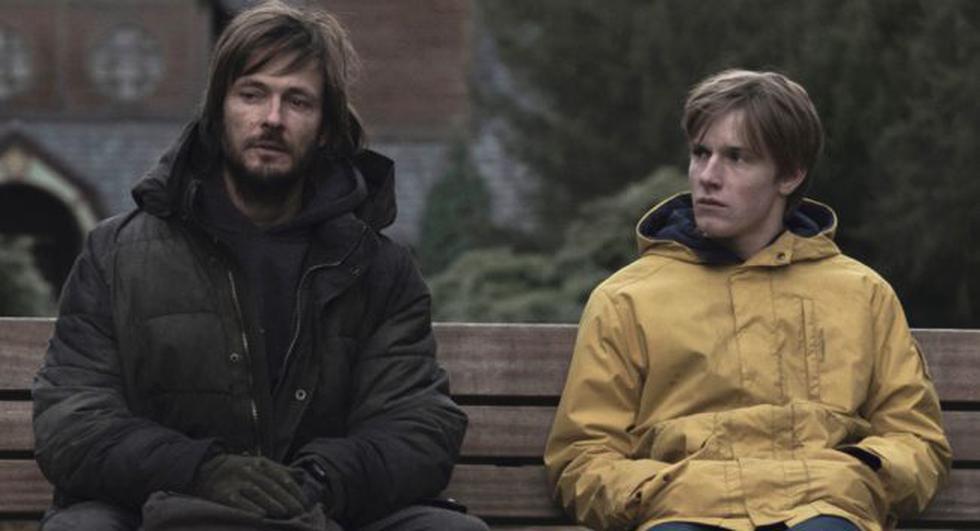
So: I was on board with Dark. But as the twists became twistier, the end of season two and the beginning of season three threw me for such a loop I found that I couldn’t continue with the show. SPOILERS, but all of a sudden at the second season’s conclusion, it’s revealed that not only are there many multiple timelines, but also multiple worlds. Jonas is transported to an alternate Winden where much of the cast is the same, but everything is wildly changed and the characters we’ve come to know are essentially different characters entirely. And, reader, my brain grew tired at this development. I tried to watch a few episodes of season three, but it just felt too exhausting to try and learn about this whole new Winden after barely being able to wrap my mind around the chaos happening there for the first two seasons.
Maybe I should have trusted that Dark knew what it was doing. After all, the series had demonstrated an uncanny amount of plotting foresight in keeping its many, many, many balls in the air. Unlike, say, Lost, I’d like to imagine that Dark always knew where it was headed and that the sudden introduction of, essentially, the multiverse was always the plan rather than an enormous jump of the shark. Perhaps I just binged too much of this show too fast, and if I’d been watching it on the timeline of the fans who had to wait years between each season’s release, I’d have been hungry for this strange new world. But I couldn’t do it. I gave up.
Yet here I am still thinking about Dark a few months later, so it might be time to give it another shot. One twist too many aside, I remain curious about what happens to the characters, and what the “truth” really is in a show whose foundations are like so much quicksand. It might be time to revisit Dark. If you’ve finished the show, let’s talk in the comments about whether I’m seriously missing out by skipping season three, or whether I should hold fast to the puzzled enjoyment I got from the first two seasons and leave it at that.
(images: Netflix)



